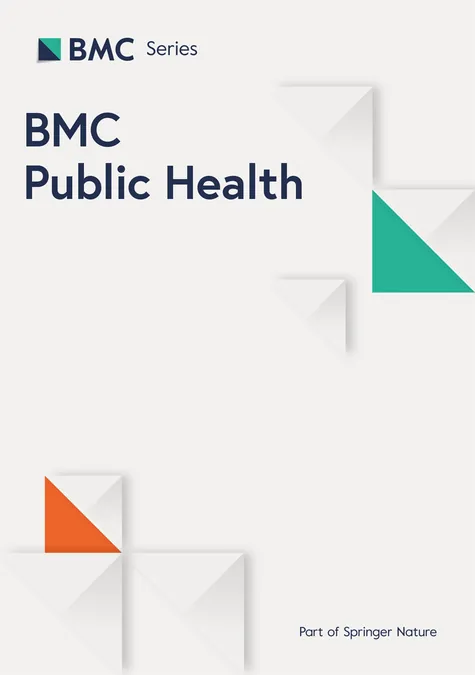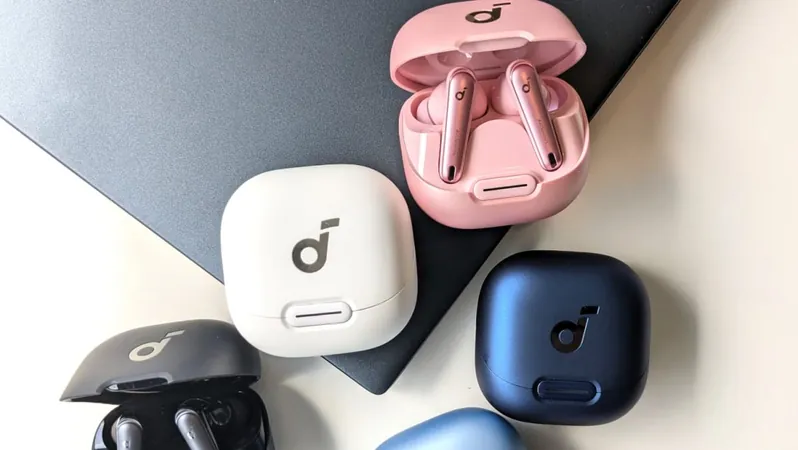
Shocking Evidence Reveals Occupational Noise Exposure Can Harm Blood Pressure and Hearing Among Young Women in the Workforce
2024-09-30
Investigating the Hidden Dangers of Noise in the Workplace
Recent findings have illuminated a critical issue: young women in the workforce, particularly those in childbearing age, are facing serious health risks due to occupational noise exposure. A groundbreaking cross-sectional study involving 6,981 female workers has unveiled a concerning correlation between high noise levels at work and both hypertension (high blood pressure) and hearing loss.
Study Details and Population
This extensive research, conducted in Henan Province, China, included participants aged 15 to 50. Out of the total, 3,657 were exposed to occupational noise, while 3,324 formed the control group. Workers in the exposed category were subjected to consistently high sound levels equivalent to 80 decibels over an 8-hour period, while controls worked in quieter environments.
Initial assessments highlighted that the noise-exposed group had a significantly higher prevalence of hypertension at 14.4%, in contrast to just 4% in the control group. Mean systolic blood pressure (SBP) was also notably higher in the exposed group.
Key Findings Unfolded
The research indicated that prolonged exposure to occupational noise was not just associated with hearing deterioration, but also correlated with increased blood pressure. Logistic regression analysis revealed alarming odds ratios for hearing loss, with bilateral hearing loss standing out at 1.97, and showing that this risk elevation was especially evident in women aged 30 or younger.
Additional studies have hinted at the multitude of systemic diseases linked to noise exposure, affecting the cardiovascular and endocrine systems. Past research showcases how noise acts as a stressor that not only disrupts physical health but also contributes to significant obstetric complications.
Broader Implications and Recommendations
The implications of these findings are staggering. Given that hypertension is a known precursor to cardiovascular diseases and other serious health issues, the need to address workplace safety and noise exposure among female workers is crucial. Health experts recommend that pregnant women and those considering pregnancy should avoid noisy work environments to prevent long-term health consequences.
Challenges in Existing Research
Despite this vital insight, gaps remain in the existing body of research. Previous studies have largely focused on male workers, creating a significant void in our understanding of how occupational noise specifically affects women—especially those in their reproductive years. With rising awareness of women's health issues, it is imperative for future research to prioritize this area and seek more holistic data, including factors like lifestyle choices, to understand the complex interplay between noise exposure and health outcomes.
Moving Forward
As employers increasingly recognize the importance of a healthy work environment, this study serves as a wake-up call. It underscores the need for stricter regulations on noise levels in industries that predominantly employ women, highlighting an urgent public health challenge to protect this vulnerable workforce.
Conclusion: Protecting Women in the Workplace
In conclusion, as evidence mounts linking occupational noise to elevated blood pressure and hearing problems, it is clear that immediate action is required to safeguard the health and wellbeing of female workers. Women of childbearing age deserve work environments that prioritize their health, ensuring they do not have to choose between their job and their future. Join the movement for change—restrict noise levels at work and invest in the health of our workforce!





 Brasil (PT)
Brasil (PT)
 Canada (EN)
Canada (EN)
 Chile (ES)
Chile (ES)
 España (ES)
España (ES)
 France (FR)
France (FR)
 Hong Kong (EN)
Hong Kong (EN)
 Italia (IT)
Italia (IT)
 日本 (JA)
日本 (JA)
 Magyarország (HU)
Magyarország (HU)
 Norge (NO)
Norge (NO)
 Polska (PL)
Polska (PL)
 Schweiz (DE)
Schweiz (DE)
 Singapore (EN)
Singapore (EN)
 Sverige (SV)
Sverige (SV)
 Suomi (FI)
Suomi (FI)
 Türkiye (TR)
Türkiye (TR)